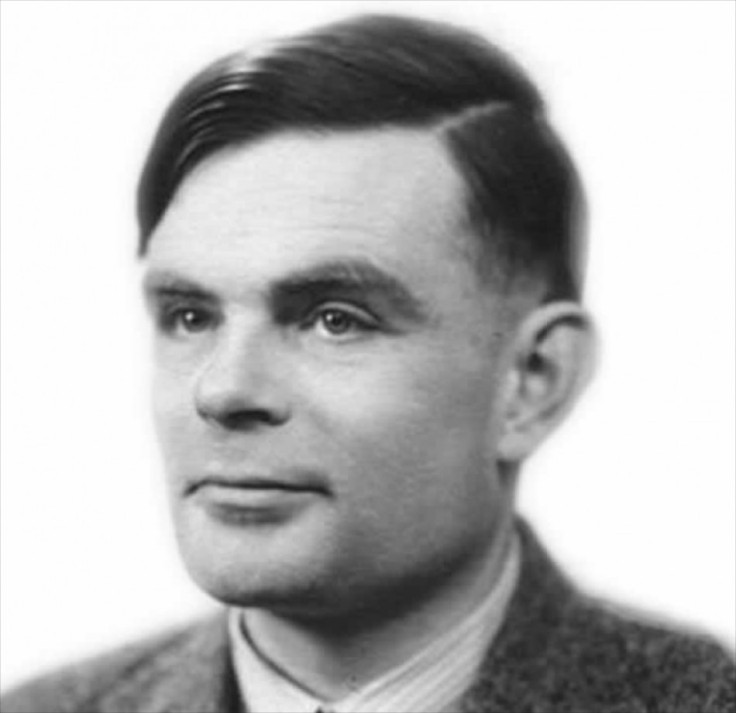Turing Test Passed for First Time in Artificial Intelligence Milestone

In a landmark moment for artificial intelligence, a computer has for the first time passed the Turing Test, finally answering the question which was posed over 60 years ago by the father of modern computer science Alan Turing - Can Machines Think?
Turing, who worked as a codebreaker during the Second World War, established the test to see if a computer could be considered intelligent.
At the weekend a programme running on a Russian supercomputer and designed to imitate a 13-year-old boy called Eugene Goostman became the first to pass the test, fooling 33% of the judges taking part in the 2014 Turing Test at the Royal Society in London.
The Turing Test measures a computer's intelligence level through conversations that take place between human and machine, and the machine is said to have passed if the human at the other end cannot tell that it is an artificial intelligence system that he/she is conversing with.
If a computer is mistaken for a human more than 30% of the time during a series of five minute keyboard conversations it passes the test. No computer has ever achieved this, until now.
Eugene, a computer programme that simulates a 13-year-old-boy, was developed in Saint Petersburg, Russia. The development team includes Eugene's creator Vladimir Veselov, who was born in Russia and now lives in the United States, and Ukrainian born Eugene Demchenko who now lives in Russia.
"Eugene was 'born' in 2001. Our main idea was that he can claim that he knows anything, but his age also makes it perfectly reasonable that he doesn't know everything. We spent a lot of time developing a character with a believable personality," said Veslov.
Warning
"A true Turing Test does not set the questions or topics prior to the conversations. We are therefore proud to declare that Alan Turing's Test was passed for the first time on Saturday", said professor Kevin Warwick from the University of Reading which organised the test.
However in a warning about the implications of the test, Professor Warwick said:
"In the field of Artificial Intelligence there is no more iconic and controversial milestone than the Turing Test, when a computer convinces a sufficient number of interrogators into believing that it is not a machine but rather is a human. Having a computer that can trick a human into thinking that someone, or even something, is a person we trust is a wake-up call to cybercrime.
"The Turing Test is a vital tool for combatting that threat. It is important to understand more fully how online, real-time communication of this type can influence an individual human in such a way that they are fooled into believing something is true... when in fact it is not."
Professor Warwick added: "Not long before he died on 7th June 1954 Alan Turing, himself a Fellow of the Royal Society, predicted that in time this test would be passed. It is difficult to conceive that he could possibly have imagined what computers of today, and the networking that links them, would be like."
© Copyright IBTimes 2025. All rights reserved.





















